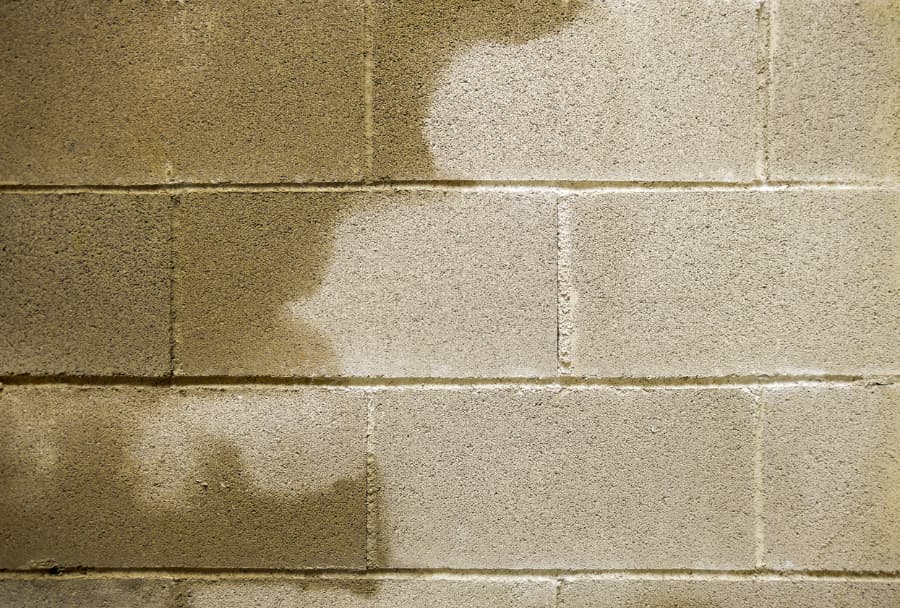
Most homes are built to be thick and sturdy, but even with a textbook basement wall, water can find a way through. Leaks and seepage can pose a risk to your health and home if left unaddressed, but learning the warning signs and potential risks linked to leaks can help prepare you to find issues early and reclaim your domain, all thanks to the experts at Premier Wall Anchor & Waterproofing.
How Water Gets Into Your Home
Wet basements are fairly common, but aside from massive floods, it’s not always clear how water gets inside. One likely cause is hydrostatic pressure, a natural occurrence involving nearby groundwater. When storms or melting snow add to the moisture that already exists in the subterranean water table, the ground becomes oversaturated, and the water has to go somewhere — i.e., your basement. Loose soil that is less absorbent can also lead to leakage as can structural concerns such as loose window wells, cracks, or a crumbling foundation.
Signs You Have Water In Your Basement
A few inches of water swirling around your washer and dryer or soaking your stored Christmas ornaments is a sure indication you have a leak in your basement, but there are other ways to tell there’s a problem. Some signals may even show up early enough to save you time and money by implementing a fix early on, but only if you know what to look for.
- Rotting Wood: Wooden surfaces that get wet and aren’t allowed to dry can start to decay, and that rot is like a neon sign pointing to a leak.
- Rust: Those metal fittings, pipes, and appliances in your basement don’t rust unless there’s water to kick-start the chemical reaction.
- Mold and Mildew: If you have patches of green and/or black mold growing on your basement walls, water is nearby.
- Efflorescence: That white chalky buildup, like you sometimes see on retaining walls, happens when the minerals in water are left behind after the water evaporates — in other words, leaks often lead to powdery surfaces.
- Bowed, Cracked Walls: The pressure that causes water to force its way into your basement can also cause basement walls to buckle and even crack, though cracks can also be the reason your basement is leaking in the first place.
The Risks Of A Leaky Basement
Puddles are an obvious inconvenience, but the water that finds its way into your basement can cause issues far beyond the need for a mop and bucket. A damp basement is a breeding ground for mold. As spores grow and make their way into your home’s ventilation system, they can cause respiratory difficulties or exacerbate existing problems like asthma. Along with mold, damp basements collect bacteria and other microorganisms linked to ongoing irritation of the ear, nose, and throat, especially for those who already have allergies.
Finally, a leaky basement is the perfect home for critters who love nothing better than to snuggle up someplace moisty and dark. Unless you’re a big fan of cockroaches and rats, it’s crucial to address basement leaks as soon as you suspect there’s a problem.
Get Help For Your Leaky Basement Today
There’s nothing comfortable about a wet basement and leaks certainly don’t bode well for your real estate investment. Still, there’s hope thanks to the basement and foundation repair specialists at Premier Wall Anchor & Waterproofing. Whether you want to evaluate your home to identify potential problem areas before they strike or you already have a leak and need damage control ASAP, we can help. Contact us today to schedule your service.






